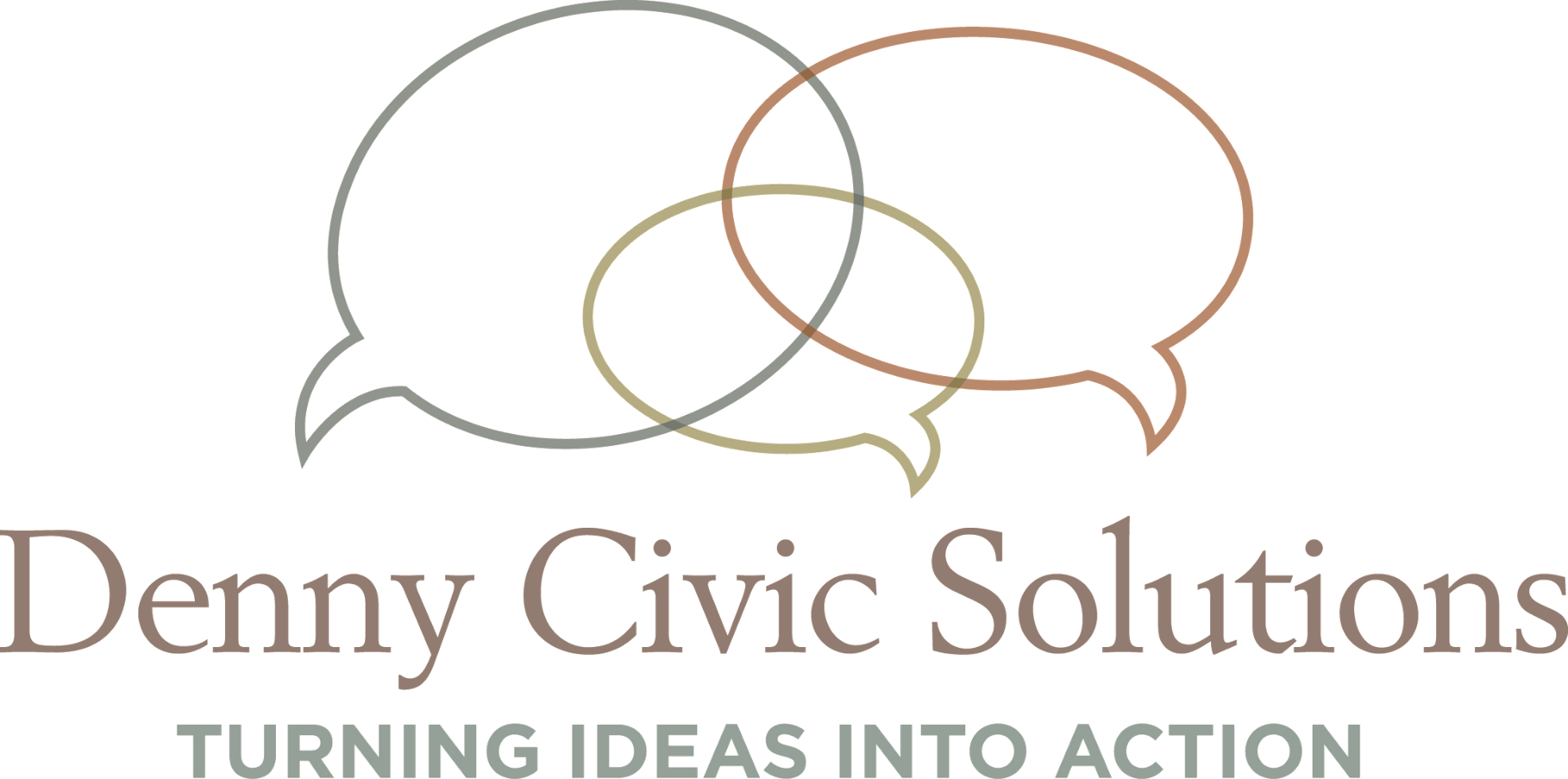Making Black History, This February and Beyond: An Interview with Rochelle Jackson, Founder, Black Women's Policy Center
Rochelle Jackson
As February comes to an end, we wanted to spotlight an extraordinary person and organization making Black history – and who reminds us that Black history isn’t something we should stop thinking about once March 1st rolls around. That’s why we sat down with our friend and client Rochelle Jackson, founder of the Black Women’s Policy Center and Black Women’s Policy Agenda, to discuss how she and BWPC are working to build a better future for Black women in our region.
Tell us a bit about the origins of the Black Women’s Policy Center.
The primary reason for starting the Black Women’s Policy Center is understanding – from 23 years of working in the field of public policy advocacy, and having the experience as a Black woman – that Black women are usually not centered in policy discussions, and usually aren’t at the table when those discussions are being had.
I understand the power that Black women possess. I believe that if we’re ever going to get change, and shift the dynamics from Black women just barely surviving to thriving, that we need to be at the forefront, and our voices need to be heard.
It started with forming the Black Women’s Policy Agenda, which is a project that I kicked off in 2020. The theme for that year was “listen to Black women.” The goal was to survey Black women to really assess what their experiences are, what they perceive to be the biggest challenges, and how they see some ways that we can change the region for the better. We were able to survey 287 Black women, and we sat down with 50 other Black women in a virtual session, and talked to them and heard from them what their experiences and challenges were.
The Black Women’s Policy Center is a little more expansive. It will house the Black Women’s Policy Agenda, so that work continues. But it’s [also] workshops, it’s webinars around life coaching and life skills, it’s connecting people to resources like public benefits or advocating for them when they’re having challenges with accessing those benefits. It’s providing support for Black women who unfortunately have been impacted by death and loss.
February is Black History Month. How do you think the Black Women’s Policy Center is making Black history?
To my knowledge, it’s the first organization in our region that is led by a Black woman and focusing on policy specifically geared towards improving the lives of Black women. The core of what we are and who we are is understanding the role that policy plays in improving the lives of Black women.
To that same point, what does Black History Month mean to you?
It’s bittersweet. To me, Black history shouldn’t just be about one month. We should be hearing and knowing and studying Black history all year round. Black people have made amazing contributions to this country and to this region. It’s [also] the only time when it’s acceptable to talk about our horrible history of slavery and how we got here, and the blood, sweat, and tears that were put in by our ancestors in building this country. I always say you can’t address what you don’t acknowledge.
So Black History Month is a time to reflect on where we’ve come on our journey. But it’s also a time to think about the strides and the successes that we’ve had. In spite of all that turmoil and pain, we have come a long way, and we have managed to rise. So Black History Month to me is a reflection on all of that, and it’s also a reminder of how much we need to do.
With that in mind, what does the Black Women’s Policy Center have on its plate for 2022?
What we heard from our surveys, in terms of the top four areas that Black women identified as challenges, mirrors a lot of what we’ve seen in local reports and national reports. The biggest challenge for Black women in this region is poverty. So we are going to continue to push for:
Raising the minimum wage
Raising the TANF [Temporary Assistance for Needy Families] cash grant
Paid family medical leave
Pay equity [learn more about this joint effort here].
We are also doing work around child care, mental health, and community violence.
What’s one thing you would like people to know about the Black Women’s Policy Center?
That we are here. That we’re real. We’re humans. We want to be at the table. We want to be heard. We want this community, this county, this state to trust us as experts in our own experiences. We know what we’ve been through. We know what we need. And we want to work with providers and the government to make sure we get what we need to thrive. When Black women thrive, the whole community prospers.


